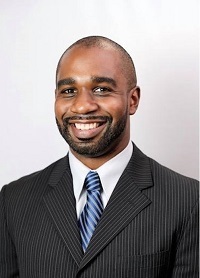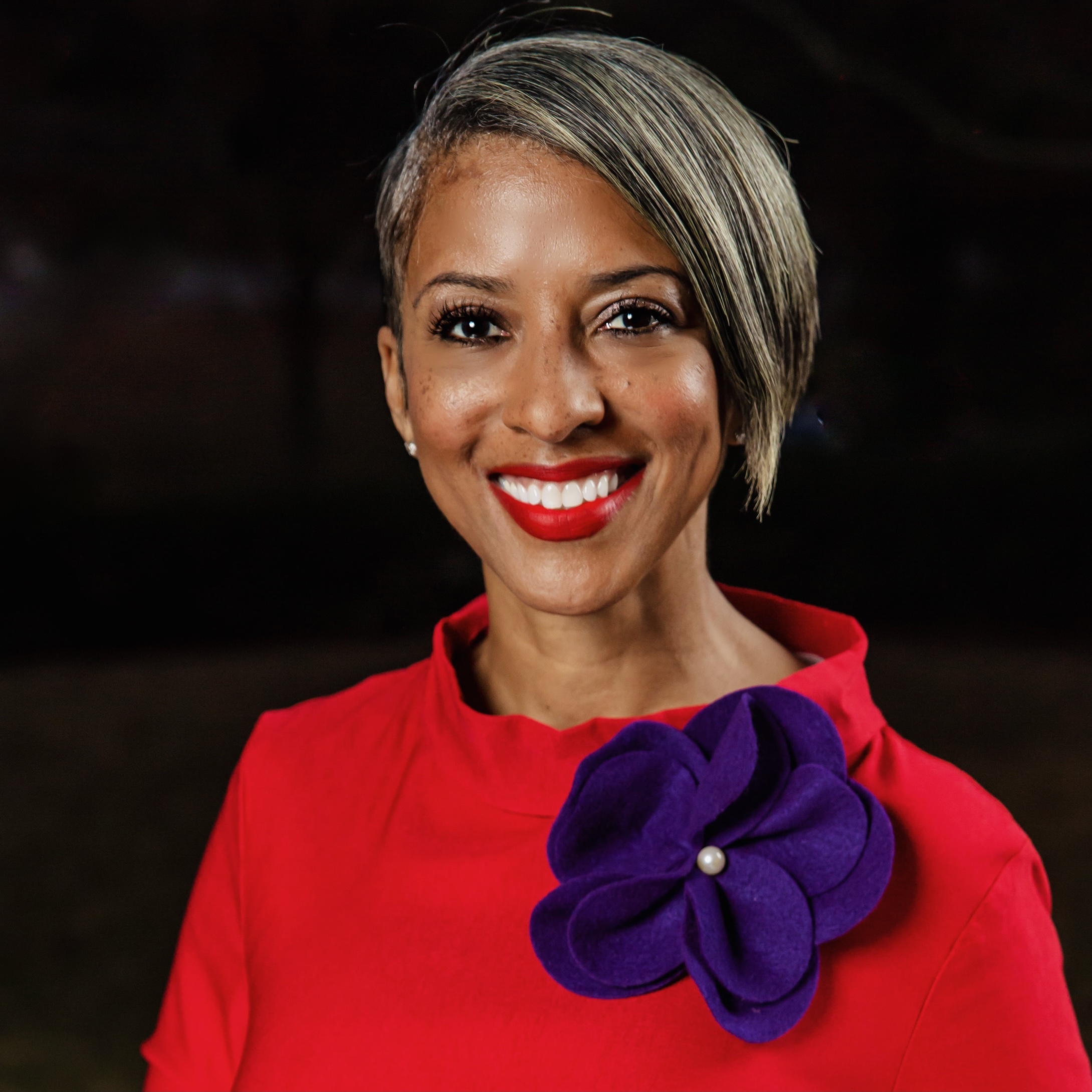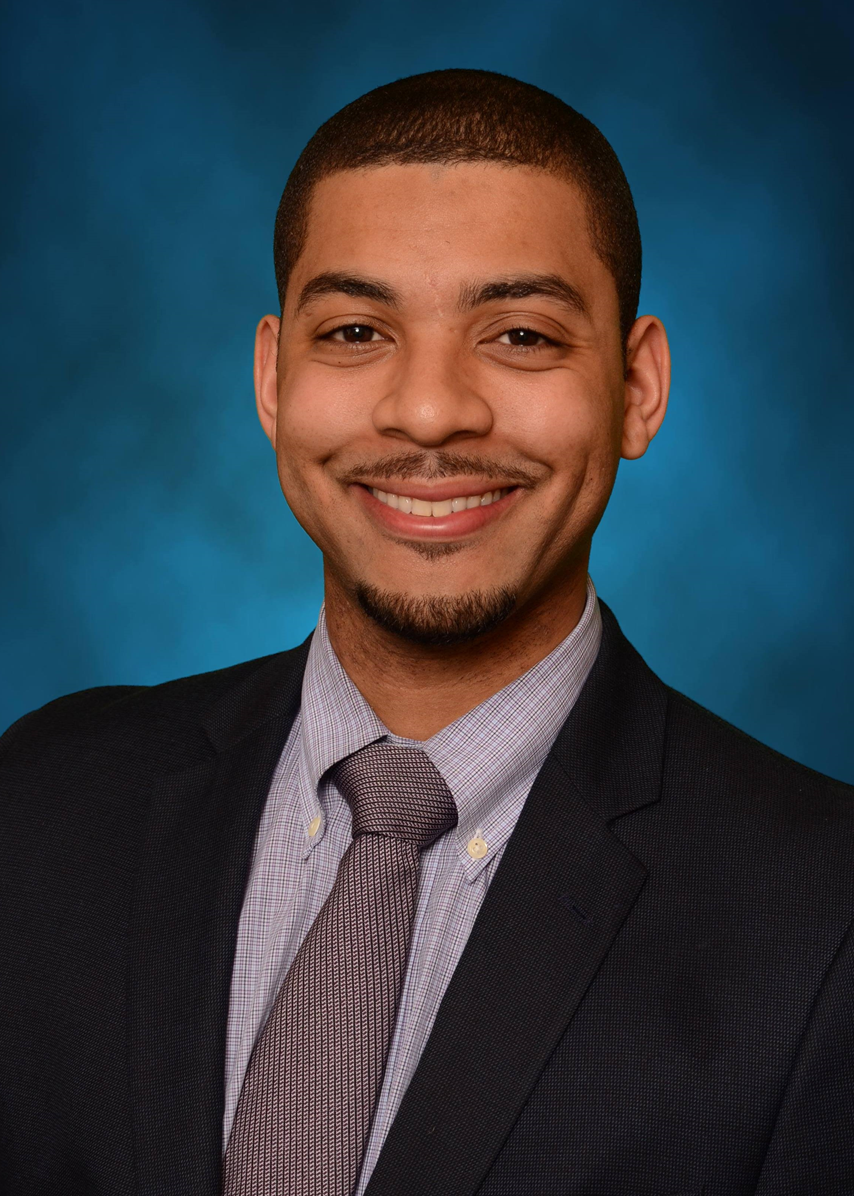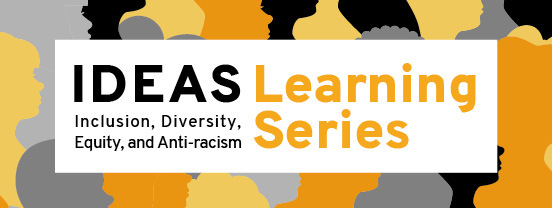
From Bystander to Upstander: Advocacy in Action - February 24
Recorded On: 02/24/2022
-
Register
- User - Free!
This webinar is aimed at identifying racism in the healthcare work environment and academic setting, and equipping trainees, faculty, and other healthcare providers to become responsible bystanders. We will discuss tangible tools to address real-time situations and facilitate a culture of active anti-racism in the workplace.
This webinar is a collaboration for the AAMC Group on Diversity and Inclusion (GDI) and Organization of Resident Representatives (ORR). The webinar is primarily for learners, especially residents. For questions or assistance, please email GDI@aamc.org.
Please use Google Chrome, Firefox, Edge or Safari on this site. Internet Explorer will not function properly as it is too old to be compatible with the system.

Dayle Hodge, MD, MS, PhD
Research Chief, Anesthesiology Resident, Department of Anesthesiology & Perioperative Medicine, Oregon Health & Science University
Dr. Dayle Hodge is a 3rd year resident in the Department of Anesthesiology and Perioperative Medicine at Oregon Health & Science University (OHSU). He is from Buffalo, NY, and attended the University at Buffalo where he completed a bachelor's degree in aerospace engineering (with a minor in French language and literature), as well as bachelor’s and master’s degrees in mechanical engineering focusing on hemodynamics and vascular biomechanics.
Upon graduation, he worked as a biomedical engineer in San Diego, CA, designing instrumentation for minimally invasive orthopedic spine surgery. Afterwards Dayle matriculated into the MD/PhD Program at the Albert Einstein College of Medicine in Bronx, NY where his PhD dissertation focused on the role of stem cells in breast cancer metastasis. Dayle currently serves as the Chief Resident of OHSU's Oregon Scholars Program Research track. As a part of his built-in fellowship, he will be conducting research in the field of tissue engineering. Dayle was also inducted into the Oregon Alpha Chapter of Alpha Omega Alpha for his mentorship of pre-medical and medical students. Dayle also has a keen interest in social determinants of health, especially in underrepresented and marginalized communities. He developed a presentation entitled “Health Problems In Urban Communities”, which provides a data-driven, historical examination of environmental, legislative and social policies, and their impact on the quality of life and life expectancy of communities of color.

Kimberly D. Manning, MD, FACP, FAAP
Professor of Medicine, Associate Vice Chair, Diversity, Equity, and Inclusion, Medical Student Society Advisor, Semmelweis Society, Emory University School of Medicine
Dr. Kimberly D. Manning is a general internist/hospitalist who serves as Associate Vice Chair of Diversity, Equity, and Inclusion for the Department of Medicine at Emory University School of Medicine. Manning is Professor of Medicine and additionally serves as residency program director for the Transitional Year Residency Program at Emory. Beyond her roles in the Department of Medicine, she has been a society small group advisor at the Emory since their curriculum reform in 2007. Dr. Manning continues to hold this position and currently co-leads the Semmelweis Society—one of the four academic houses in the medical school.Manning’s academic achievements include numerous institutional, regional and national teaching awards. She has a strong passion for building and strengthening diverse clinical learning environments as well as cultivating psychologically safe learning climates. In 2018, she was awarded the prestigious ACGME Parker J. Palmer Courage To Teach Award—given to only 9program directors across all ACGME residency programs in the US. At Emory, she has received the Evangeline Papageorge Award, The Golden Apple Teaching Award, and the Juha P. Kokko Teaching Award—the highest teaching awards in the School of Medicine, Grady Hospital, and Emory’s Internal Medicine Residency Program, respectively. She also on the board of trustees for the Arnold P. Gold Foundation and is on the editorial board for the Journal of Hospital Medicine.The Inglewood, California native is a proud alumnus of two historically Black colleges—Tuskegee University and Meharry Medical College—and is a happily married mother of two teen-aged sons. She applies her lived experiences as a Black woman, mother, daughter, wife,and community member to all that she does professionally.

Adam Thompson-Harvey, MD
Resident, Otolaryngology-Head and Neck Surgery, Medical College of Wisconsin
Dr. Adam Thompson-Harvey is a third-year resident in Otolaryngology-Head and Neck Surgery at the Medical College of Wisconsin. He is an ORR representative for the Society of University Otolaryngologists-Head and Neck Surgeons (SUO) and serves as a member of the ORR administrative board. His is also a co-lead for the ORR workgroup on Equity, Diversity and Inclusion as well as ORR Alumni Relations. He is passionate about eliminating disparities in patient care and motivating others’ success in medicine; he looks forward to the on-going change to the status quo in academic medicine. Adam first became involved in the AAMC six years ago as a medical student in the Organization of Student Representatives (OSR). Nowhere was he able to not only have his voice heard as a black male in medicine on a national stage but also lead discussion round tables on student wellness with many UME and GME decision-makers. He spearheaded the AAMC webinar on Technology in Medicine not only out of an interest to explore platforms outside traditional healthcare but to identify ways to may better serve marginalized communities. As a Group on Information Resources (GIR) liaison, his time spent working on an environmental survey involving use of technology in academic medicine helped confirmed that the next generation of physicians learns medicine in a radically different way than most of our attendings. Even more importantly, as a former medical school admissions committee member and current residency program interviewer, he has cherished attending the AAMC Minority Student Fair for several years to encourage dissuaded pre-med students who believe the AAMC numbers they encounter indicate that they are “missing the mark” or that “only ‘X%’ of them will achieve their dream of a career in medicine.

